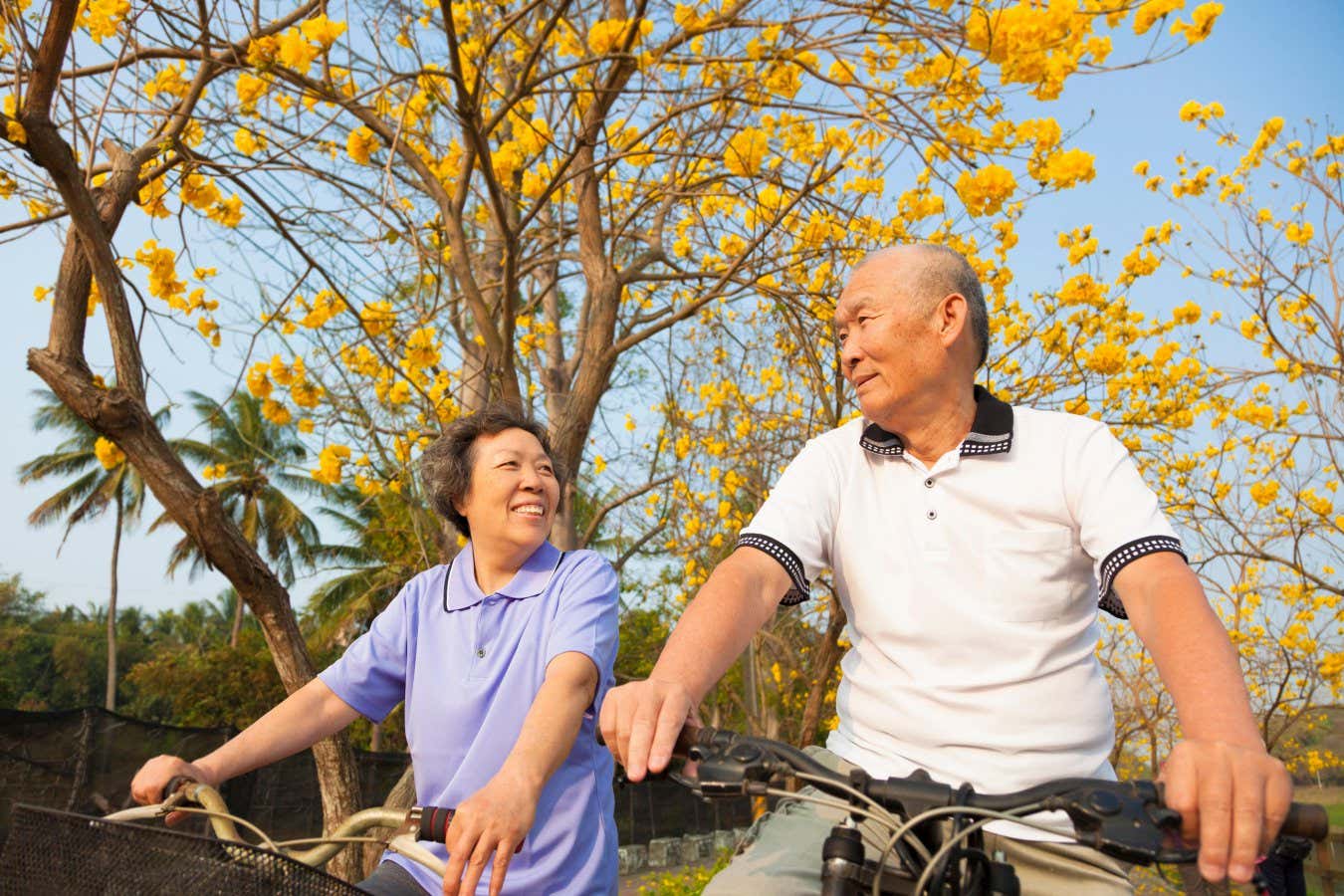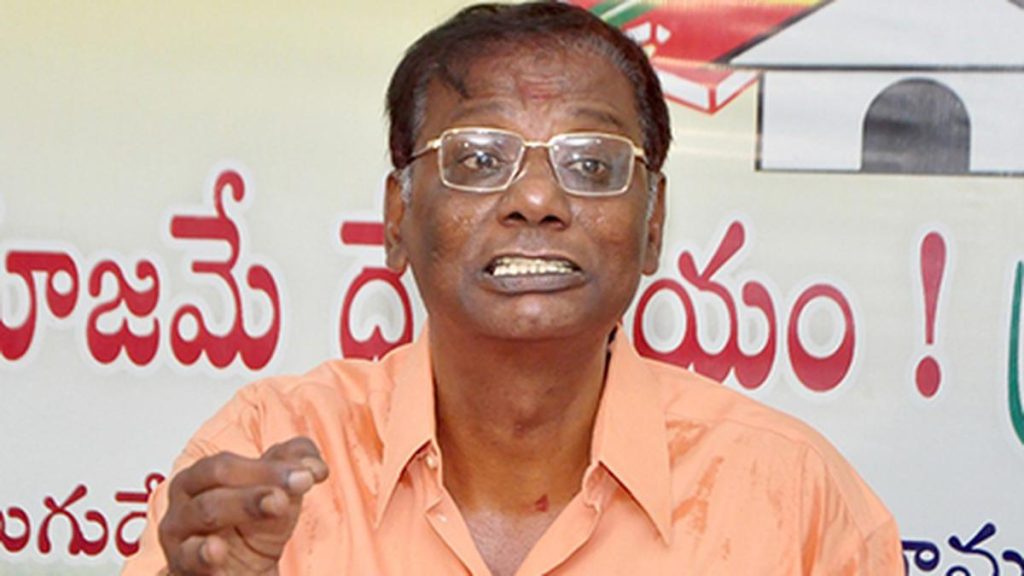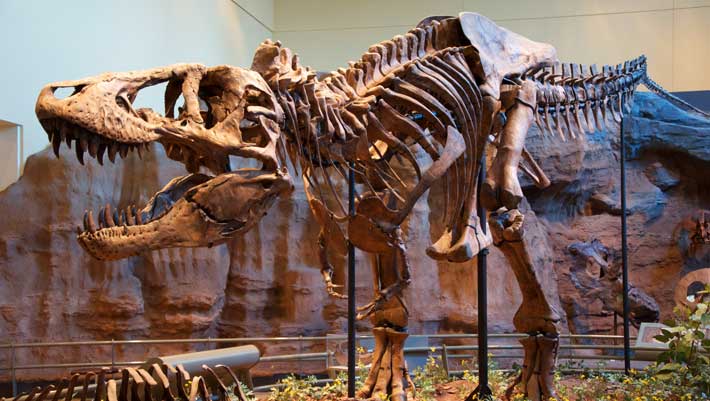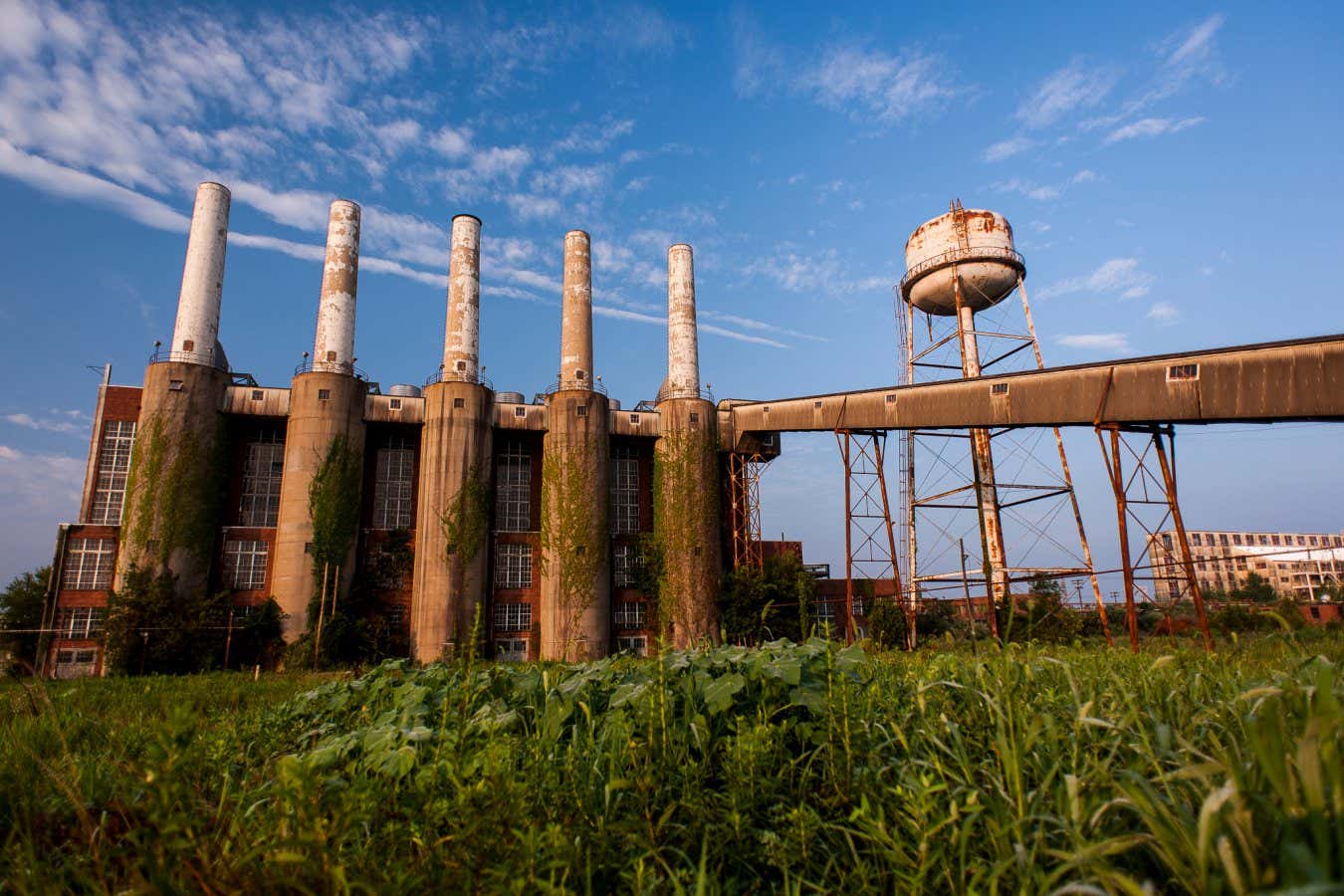Now Reading: Top Strategies to Boost Your Cognitive Reserve
-
01
Top Strategies to Boost Your Cognitive Reserve
Top Strategies to Boost Your Cognitive Reserve

Quick Summary
- Cognitive reserve is a critical factor in determining how well the brain defends against ageing and adapts to damage, influenced by lifestyle and behaviors.
- Bilingualism has been found to delay dementia onset by four years, enhancing neural adaptability and preserving the hippocampus region related to memory.
- Musical training improves cognitive functions like speech discrimination in noisy environments, with greater benefits seen through regular practice of at least one hour daily.
- Physical activity shows mixed evidence but may improve cognition by increasing blood flow and protective brain chemicals even in the face of neurodegeneration.
- Midlife activities such as reading, socializing, learning instruments, and playing games are autonomous predictors of better cognition later in life.
- Later-life activities like taking piano lessons can still protect against neurodegeneration; experts emphasize it’s never too late to improve cognitive reserve despite early signs of decline.
- Psychological factors such as purpose in life or having a coherent mindset contribute substantially to enhanced cognitive function through mechanisms like neural efficiency.
Indian Opinion Analysis
The research on cognitive reserve presents significant implications for India as it grapples with growing concerns around aging populations and dementia-related diseases. With bilingualism being widespread among Indians due to multilingual cultural contexts, ther is inherent potential for mitigating age-related cognitive decline. Furthermore, introducing music education or creative arts more widely could act as an accessible avenue for boosting overall mental resilience.
Encouraging midlife engagement through accessible community interventions-such as promoting reading clubs or physical activity campaigns-could bridge social divides while improving public health outcomes. Importantly, the emphasis on psychological traits like finding purpose resonates deeply with India’s traditions surrounding mindfulness practices. Leveraging these insights holistically offers opportunities for India’s healthcare frameworks to incorporate lifestyle-based approaches into traditional medical paradigms.



























